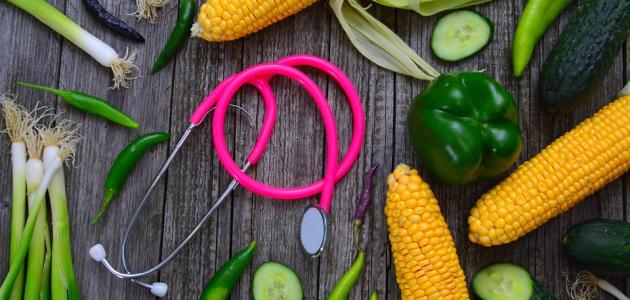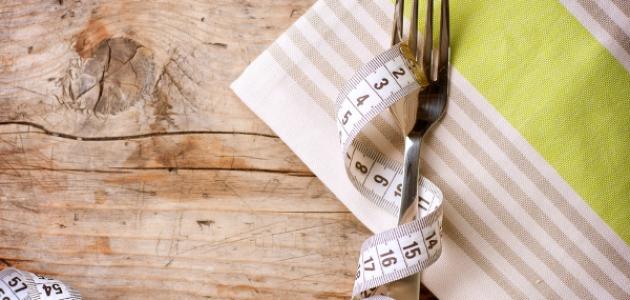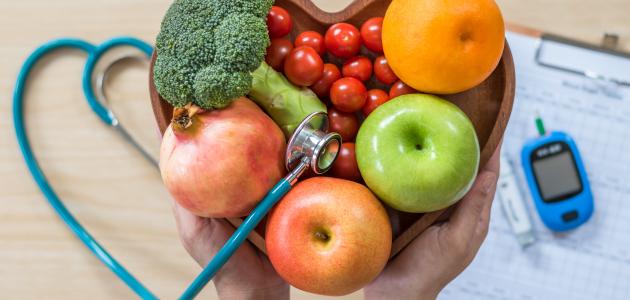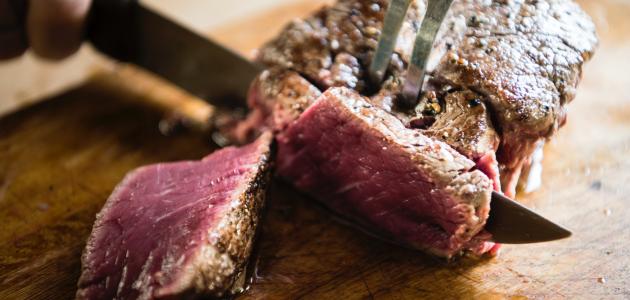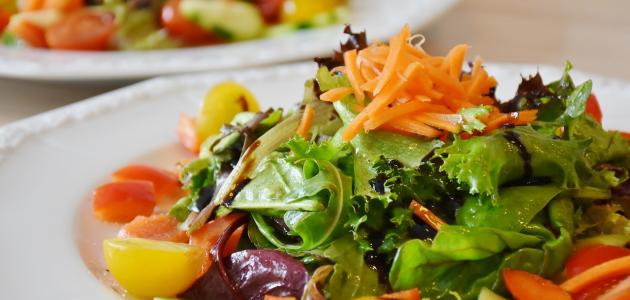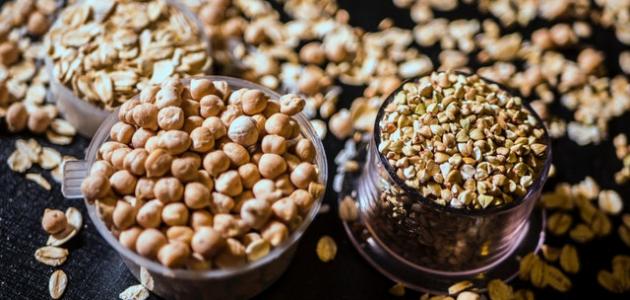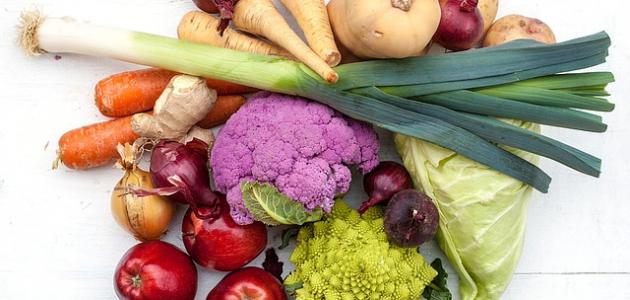Diet for patients with hyperthyroidism
Patients with hyperthyroidism (in English: Hyperthyroidism) suffer from excessive hormone secretion, which in turn speeds up the metabolism, which affects the health of the heart, bones, and mood. Unexpected weight. Most of these symptoms can be controlled by giving doses of liquid radioactive iodine. Medications can also be used if the need arises. It is worth noting that these symptoms can be reduced by following a healthy diet.
Food allowed to be eaten
The total number of foods that are allowed to be eaten and that are iodine-free include the following:
- Egg whites.
- Canned or fresh fruit and vegetables.
- Homemade bread without added salt, dairy or eggs.
- oats;
- Coffee without adding milk.
- Honey, maple syrup.
- Healthy fats, and spices.
- Iron-rich foods, due to its deficiency being linked to hyperthyroidism.
- Food rich in selenium and zinc.
- Calcium-rich foods, because hyperthyroidism causes weakness and fragility in the bones. Calcium is a good solution for building and healthy bones. Among the calcium-rich foods suitable for patients with hyperthyroidism are spinach, green and curly cabbage, and white beans.
- Food rich in vitamin D for its benefit in bone health.
Food that is forbidden to be eaten
It is advised to stay away from foods that contain iodine, which may worsen hyperthyroidism, including:
Read also:Vegetarian diet to lose weight- Fish, seaweed and algae.
- Dairy products, egg yolks, iodized salt and water, and most food dyes.
- Food containing gluten.
- Foods that contain nitrates are harmful in that they may cause the absorption of large amounts of iodine from the thyroid gland, which leads to its enlargement.
- Soy-containing food has been shown to interfere with the treatment of hyperthyroidism in animal experiments.
- Some medicines, such as amiodarone, cough medicines, and vitamin and herbal supplements.
Diet for hypothyroidism patients
Although there is no specific diet for patients with hypothyroidism, it is recommended to take sufficient amounts of iodine to maintain normal functioning of the gland. On the other hand, soy supplements, for example, may affect the secretion of thyroid hormones, but they may not lead to a problem of hypothyroidism unless the person suffers from an iodine deficiency.
Medical advice for patients with hypothyroidism
From a medical point of view, it is recommended to follow the following:
- Take Thyroid Hormone Replacement Medication, whose efficacy appears when taken on an empty stomach.
- Avoid calcium supplements and antacids, especially those that contain magnesium and aluminum.
- Stay away from some stomach ulcer medications, and cholesterol-lowering medications.
Nutritional advice for patients with hypothyroidism
The following nutritional tips are recommended:
Read also:How to lose excess weight- Eat whole eggs, meat and fish of all kinds, vegetables and fruits, gluten-free grains and seeds, dairy products, and water.
- Eat foods that contain gluten, but it must be taken into account that if a person suffers from gluten sensitivity due to inflammation of the thyroid gland, which is called Hashimoto's thyroiditis, then he should avoid eating it.
- Eat foods that contain soy.
- Drink coffee and tea in moderation, because its abundance may cause some irritations.
- Limit your intake of processed and calorie-rich foods that can lead to weight gain.
